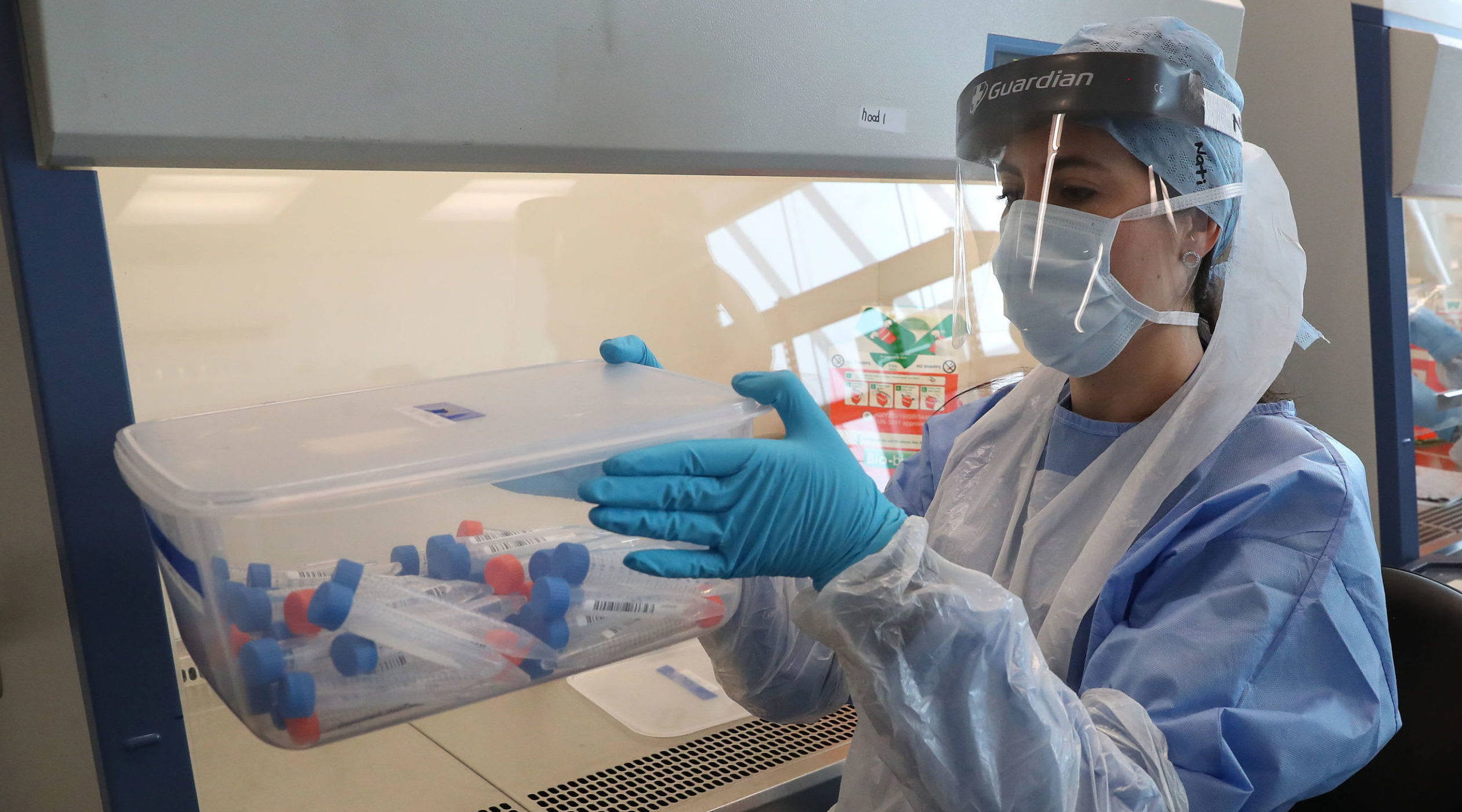Some good news: the Oxford vaccine trial is showing promising early results. I’m pleased, because I’m now part of the trial.
I recently went along to the Royal London Hospital for Integrated Medicine, in Great Ormond Street, to join in. The RLHIM used, to my gentle amusement, to be the old Royal Homeopathic Hospital and now offers “evidence-based” alternative medicine, which reminds me of the old Tim Minchin gag: “You know what they call alternative medicine that’s been proved to work? Medicine.”
Anyway, it’s not a homeopathic vaccine, it’s an adenovirus vaccine — a weakened form of a virus that causes colds in chimps, genetically modified to be unable to replicate in humans. The protein spike (the sticky-out bit of the coronavirus) has been altered to be the same as SARS-Cov-2, so it should prime my immune system to respond to that protein — and therefore the virus — when it encounters it for real.
That is, of course, if I have been given the real vaccine. The trial will include around 10,000 people, and about 5,000 of them will be given the real vaccine, and the rest a placebo; neither the subjects nor the doctors and nurses know who got which. If we did, we might change our behaviour and skew the results.
For the same reason, the placebo is also a vaccine, for meningococcal meningitis. That’s because vaccines can cause minor side-effects, such as fever; if the placebo was a saline solution, and I’d got those side-effects, I could have worked out that I had the real thing. They even told me to take paracetamol as soon as I got home, I think partly so that I wouldn’t try to work out which I’d had from my symptoms (“headache? Must be the meningitis!”).
It turns out that I’m going to have to stick a swab up my nose every Friday for the next year, or until the trial is over; not something I’m looking forward to, since I heard someone on More or Less do it and then audibly retch. Those swabs will be immediately posted for testing; if they return a positive result, I have to tell the trial immediately (and self-isolate). And I’ll be tested for antibodies after one month, three months, six months and 12 months, again assuming the trial isn’t ended (either because it’s shown to work or shown not to) before then.
There is a significant risk that, because the virus is now so rare in the UK, the study won’t get enough positive results to get good statistical information about the difference between the placebo arm and the intervention arm; for that reason, simultaneous trials are going on. One is in UK health workers, who should be at higher risk of exposure; others are in parts of the world, such as Brazil, where the virus is still more prevalent.
Each week I’ll also have to fill out a questionnaire, asking what I’ve been up to that week; have I spent time in contact with people, have I been exercising or going to the pub. The hope is that as well as providing info on the vaccine, the trial can tell us a bit about how the virus spreads. If it turns out that everyone who ticks “I went to the pub” immediately gets sick, for instance, then that will be informative, as well as disappointing.
The good news, of course, is that whether or not I got the real vaccine, I will get it as soon as the trial is over (assuming it’s shown to work). So by this time next year I should be invincible, and can return to licking the flush handles in public toilets as tradition dictates.











Join the discussion
Join like minded readers that support our journalism by becoming a paid subscriber
To join the discussion in the comments, become a paid subscriber.
Join like minded readers that support our journalism, read unlimited articles and enjoy other subscriber-only benefits.
Subscribe